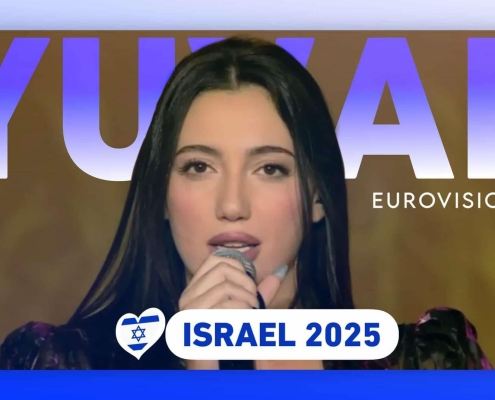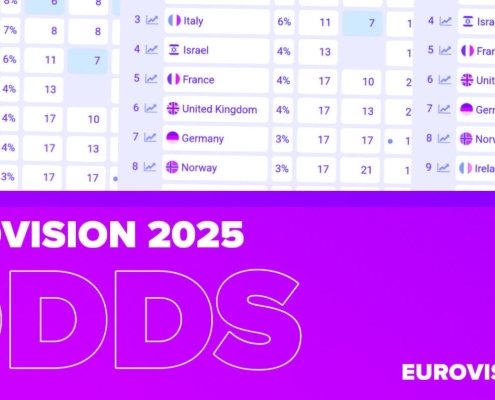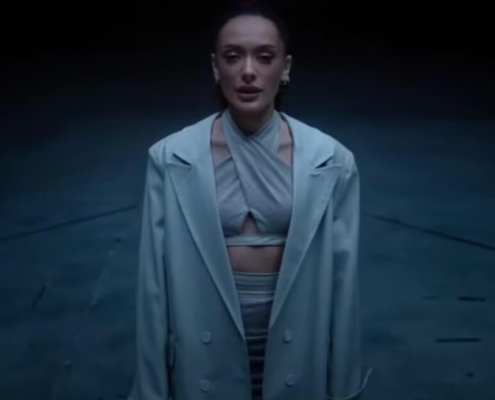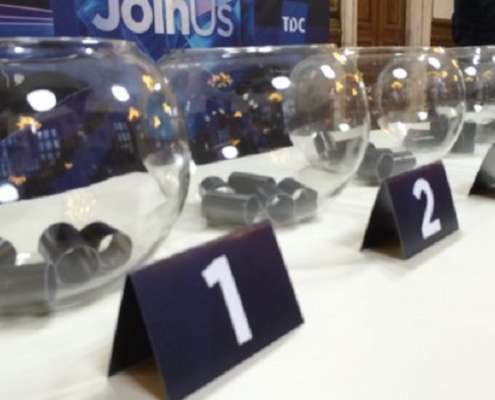
Israel: EBU Approves Yuval Raphael’s Song for Eurovision 2025
/
0 Comments
Israel’s public broadcaster has confirmed that the EBU has…

Eurovision 2025 Betting Odds: Four-Way Battle at the Top – Tight Margins!
February, the most crucial month of the pre-Eurovision season,…

Revealed: The Biblical Verse in Israel’s Eurovision Song
The verse from Song of Songs featured in the song written by…

Israel: Yuval Raphael’s Eurovision 2025 song features Biblical verses
Israel has selected its entry for Eurovision 2025, to be performed…

Israel: Will Eden Golan return to Eurovision 2025?
Israel is preparing for Eurovision 2025, with Yuval Raphael set…

Israel: Yuval Raphael’s entry for Eurovision 2025 will be released on March 9th!
It’s been two weeks since Yuval Raphael emerged as the winner…

Israel: Yuval Raphael heads to Eurovision 2025 with record-breaking budget
A few days ago, Yuval Raphael was selected to represent Israel…

Eurovision 2025: The Semi-Final Allocation Draw Results!
Basel with a very nice event hosted a few minutes ago the draw…

Eurovision 2025: The allocation pots for the Semi-Final draw!
The Semi-Final Allocation Draw for Eurovision 2025, will take…

Israel: Yuval Raphael wins HaKokhav Haba and will represent the country at Eurovision 2025
Yuval Raphael, a survivor of the Hamas terrorist attack at the…


